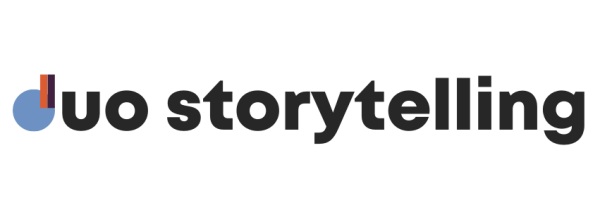Whether you’re looking for books on lifestyle, business, spirituality, or something more, the self-help section is never short on options. But how many of these self-help books are actually helping people change their lives? More importantly, how does someone writing self-help make sure their book will impact readers?
There are a number of ways to keep you on the right track.
Make Your Topic Clear
One of the biggest mistakes in writing self-help is keeping explanations vague. Authors use bland phrasing about generic “happiness” or “achieving goals” without defining them. Since self-help isn’t a one-size-fits-all genre, getting specific is how you engage your reader.
Focus your book on direct and meaningful themes. For example, lessening anxiety, improving professionalism, or learning to be more mindful in our daily lives. Not only does a more specific topic let a reader know that they’re picking up the right book for them, it allows you to dive deeper into the subject. No one wants to read a bunch of generic platitudes!
Make It Personal
Writing self-help is personal genre by nature. Self-help exists to guide readers to better themselves, so a human element is essential to success. Consider including a few personal stories that relate to your topic, and use those to emphasize the lessons you’re providing to the reader.
However, make sure it doesn’t turn into a memoir! The focus should always be on helping the reader, so personal stories should not outweigh the self-help aspect.
Highlight Your Qualifications
Self-improvement is an exciting but daunting task. Your reader will want to know they’re in good hands! It’s not enough to simply say, “If you want to achieve X, then you must do Y and Z.” You need your reader to trust that you are the person they should be listening to. If you’re writing about a subject that you have professional experience in, highlight that in a way that relates to your topic.
Think of it like this: if someone walked up to you and claimed to be an expert in finance but didn’t say how, you probably wouldn’t take their financial advice. The same is true for anyone writing self-help.
Qualifications are sometimes lived experiences rather than training or education. Highlighting that is just as vital. If you find yourself relying solely on personal experiences, bulking up your knowledge base with some research is a great way to lend more credibility to your book. Just remember to cite your sources!
Set a Clear Path for the Reader
Once you have a clear topic, it’s easier to build a roadmap for your reader’s success. Give them clear tools they can use on their journey, not wishy-washy instructions of “letting go” or “being more.” Just as vague topics don’t help readers focus enough to improve, vague instructions stop progress in its tracks.
For example, if you were writing a self-help book geared toward managing anxiety, you might want to tell the reader how to handle a situation when they’re already overwhelmed. An author giving a helpful answer would likely detail how to identify what’s triggering the anxiety and provide steps to manage or leave the situation.
On the other hand, an author who isn’t setting a clear path for the reader might simply tell them to calm down without explaining how to do that. It’s sort of like being asked how to bake a cake and answering, “By baking a cake.” It’s not very useful!
Stories Aren’t the Whole Lesson
In other words: you aren’t done writing when your personal story stops. In fact, you’re only just beginning! Involving a personal story is good, but it shouldn’t take the place of explaining concepts or tools. It can be tough to see where your story ends and the lesson begins, which is why it’s important to keep an eye on the balance. A developmental editor or line editor can help you with this.
If your chapter ends as soon as you finish your stories, consider what you want your reader to gain from it. Focus on explaining that, and how the reader can take the lesson for themselves.
Whether you’re writing self-help for high-flying businesspeople or polishing up Microwaves for Dummies, the focus is always the same: to educate and advance the reader.
Looking for other articles on writing and storytelling? We’ve got you covered.
Find us on Instagram and Facebook for more.
Sign up for our newsletter to receive TWO FREE toolkits: Demystifying Query Letters and The Roadmap to Successful Self-Publishing.


